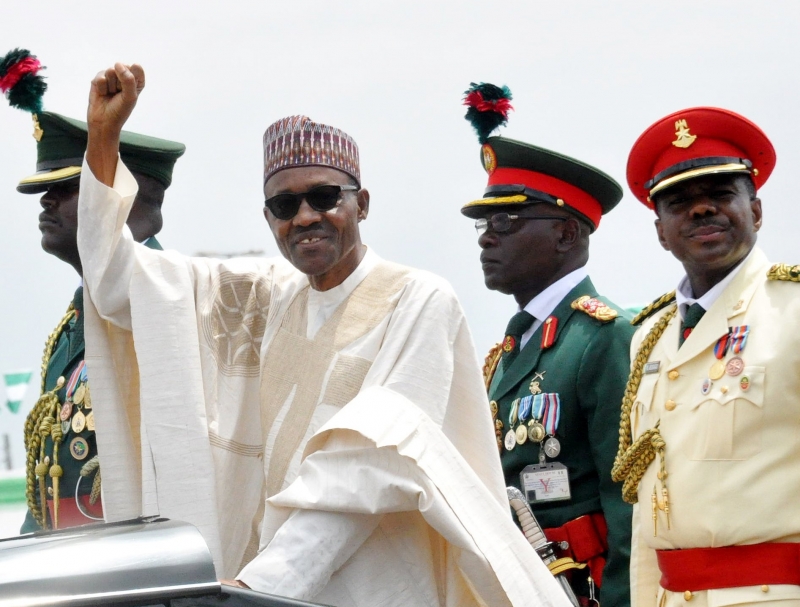NIGERIANS MUST REMAIN COMMITTED AND RESOLUTE IN THE PRESERVATION OF NIGERIA’S DEMOCRACY By Emmanuel Abalo
Rumors disclose that some members of the military have been approaching others to join a “political effort” and this development is of grave concern to Nigerians, the world community, democratic institutions and the precedence of civilian governance.
No one needs to remind Nigerians of the era of “military party rule”. But to the credit of Nigerians and their advocacy for democratic governance, the military is relegated to its real but honorable constitutional role of defense of the state and its institutions.
Nigeria represents a major center of power and influence in the West African sub-region and Africa in contemporary times. But the threat and rumors of a coup d'état by some elements of the Nigerian military for reasons which would only be announced after the fact are ominous to the need for indispensable stability in Africa's most populous country and the sub-region.
The history of coup d'états in Africa's most populous country can be said to be a strange and unexplained consequence of its vast geographical asset, national identity, religious, economic stature and political influence. The constant power struggle appears to focus on the consolidation of power in a central government versus the devolution of power and resources to the state in what has been described as "true federalism". This struggle is further compounded by the delicate dance of managing and distributing natural resources among the country's geographic sections. Evidently, the Nigerian military is a microcosm of the nation and members from every geographic section are not immune to prevailing sentiments and aspirations of their own people.
In a 2013 assessment entitled Nigerian Characteristics the geopolitical intelligence platform Stratfor noted that "Nigeria attests to the triumph of naked power and geography over the realm of ideas…."
It is an open secret that there is persistent frustration of the perception that northerners hold away over political dominance of the country.
Any threat to the interruption of the democratic governance process and institutions point to an erosion in the military's trust in the status quo since it sees itself as the guarantor of the state and Nigerian institution. The system of democracy is not a one-time experience but an exertion at building and defending its gains every day.
The painful history of military rule in Nigeria is all too recent. The lingering consequences of corruption, sluggish economy, the Boko Haram insurgency, Biafran secessionist advocacy, Niger Delta armed campaign and human rights abuses are national challenges that will require continued good faith effort by government and all sectors of society to resolve over time.
But for the steady and peaceful challenge of activists and democratic forces to the guns that once ruled, Nigeria would have known no comfort in the tedious building and sustenance of a cohesive democracy and institutions and equitable distribution of resources to all geographic sections of the country.
The present crop of military officers and the rank and file should be commended for being acutely aware of their role in the nation state as defenders and not rulers.
And so, the expectation of Nigerians, Africa and comity of nations is democratic governance and gains and sustenance of its institutions. All democratic forces in Nigeria must remain vigilant and re-commit to making their voices heard in these uncertain times so that together all Nigerians can remain winners.
By Emmanuel Abalo
Philadelphia, PA USA
Liberian Journalist
Subscribe
Login
0 Comments





